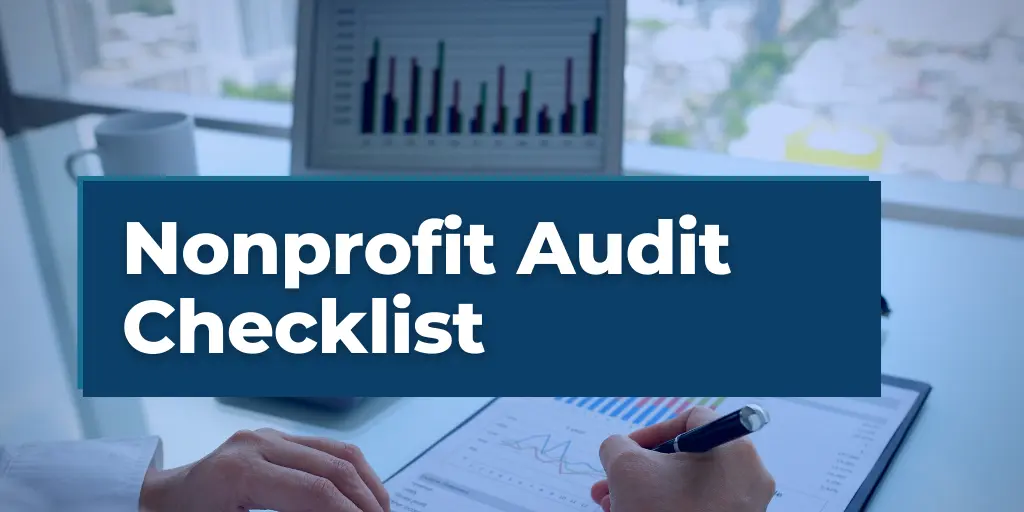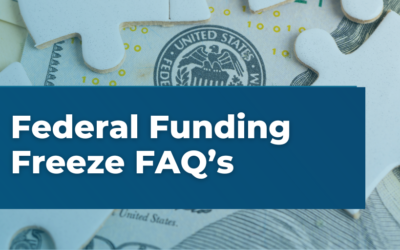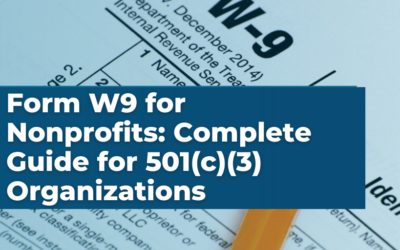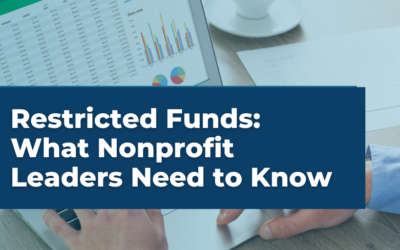The financial health and transparency of a nonprofit organization is paramount, not only for the leadership and beneficiaries but also for donors, sponsors, and the public. A nonprofit audit is an essential method for maintaining transparency and accountability. This article provides a comprehensive understanding of nonprofit audits and a handy checklist to guide organizations.
What is a Nonprofit Audit?
A nonprofit audit is an independent examination of an organization’s financial statements and related operations to ensure accuracy, reliability, and compliance with regulations and accounting standards. In essence, an audit aims to provide assurance that the organization’s financial statements present a true and fair representation of its financial position.
Does My Nonprofit Need an Audit Every Year?
Whether or not a nonprofit needs an audit annually largely depends on the organization’s size, its funding sources, and state regulations.
Size and Funding
Larger nonprofits or those receiving substantial funding from government sources often have mandatory annual audit requirements. This is to ensure that the funds received are used appropriately and that financial statements are accurate.
State Regulations
States have varying thresholds for when an audit is required, typically based on the organization’s annual revenue. It’s essential to check your state’s specific guidelines and regulations.
Donor Requirements
Sometimes, a significant donor might require an audit as a condition of their gift. This is especially common with substantial grants or contributions.
Internal Policies
Some nonprofits, regardless of size, choose to have annual audits as part of their best practices to ensure continuous financial transparency and build trust with stakeholders.
In cases where an audit isn’t mandatory, a nonprofit might opt for a financial review, which is a less intensive examination of financial statements.
Benefits of Conducting an Audit
Building Trust
Financial transparency is the easiest way to foster trust among your stakeholders, and regular audits demonstrate a nonprofit’s commitment to accountability. This transparency attracts stakeholders, enhancing organizational credibility, and often boosting support and donations.
Operational Improvements
Audits are more than number checks; they highlight unseen operational inefficiencies. By examining records and processes, auditors identify areas for optimization. These insights facilitate strategic decisions, streamlining functions and ensuring nonprofits operate efficiently and effectively.
Risk Mitigation
Every organization faces risks, particularly in financial systems. Audits preemptively identify vulnerabilities, allowing timely intervention. Through meticulous examination, auditors pinpoint areas of concern, ensuring financial stability and preserving the organization’s reputation.





